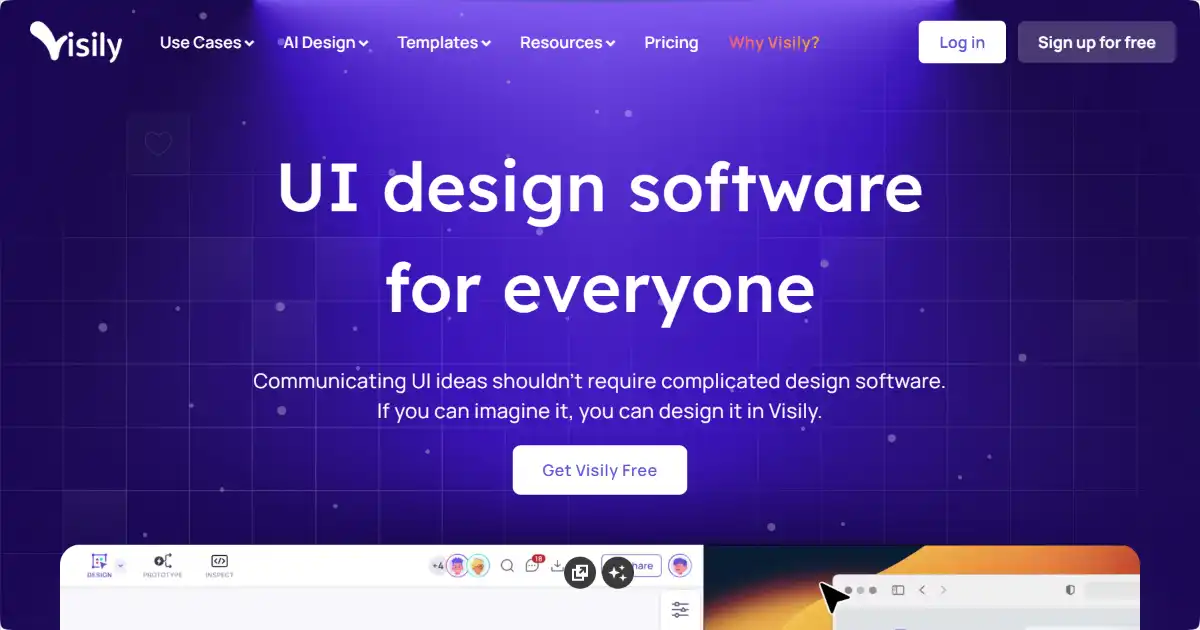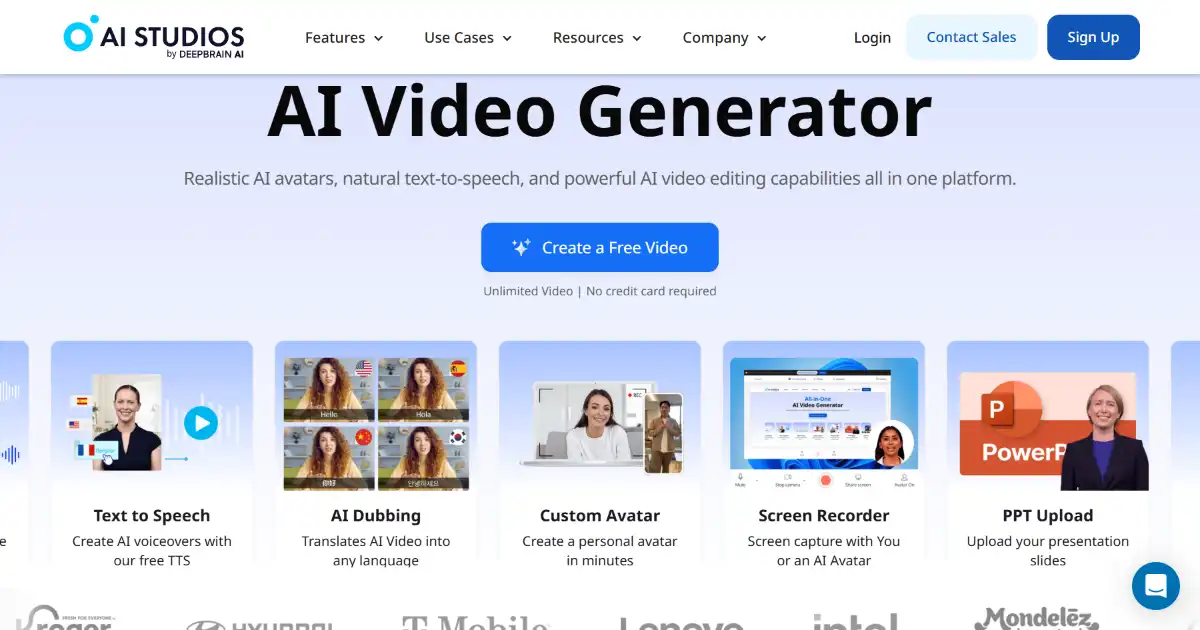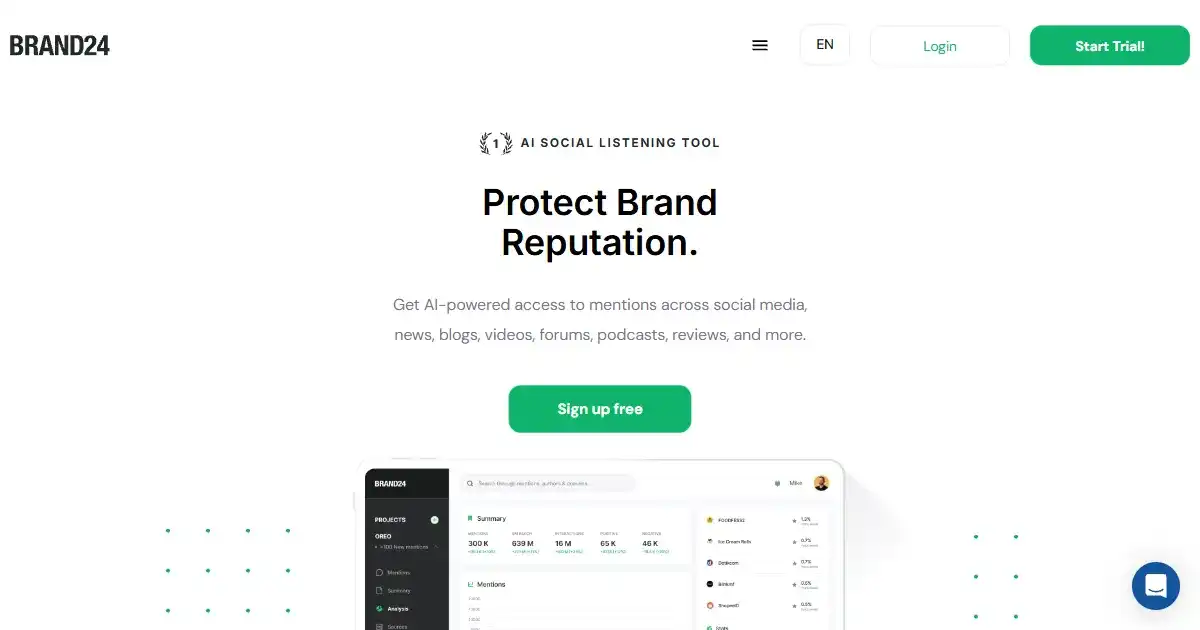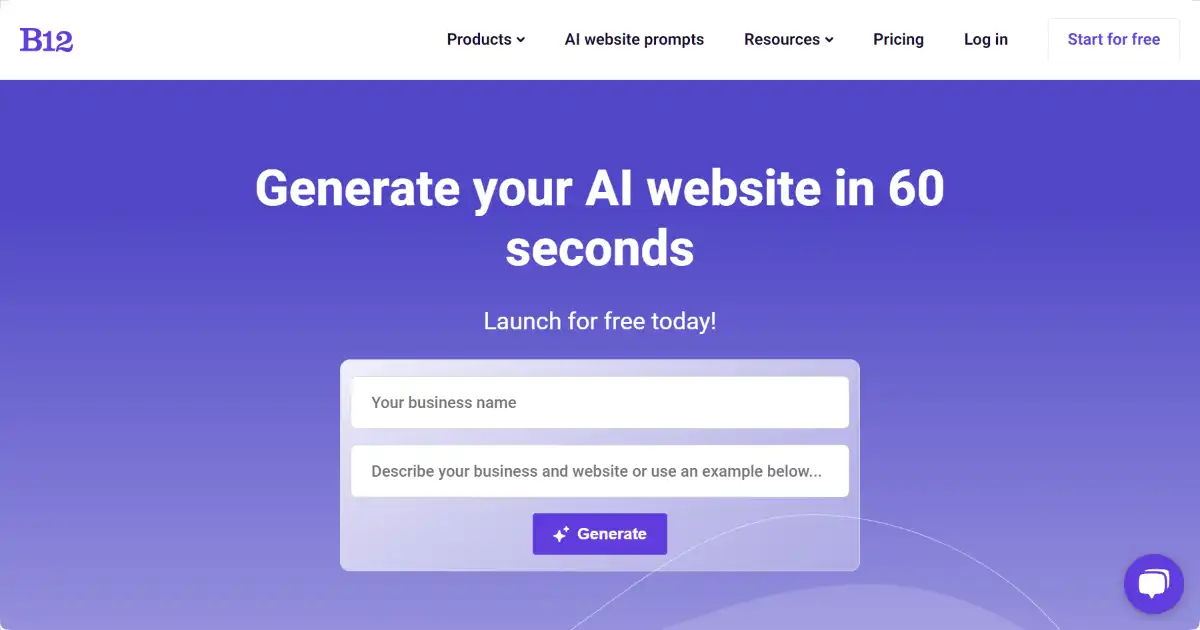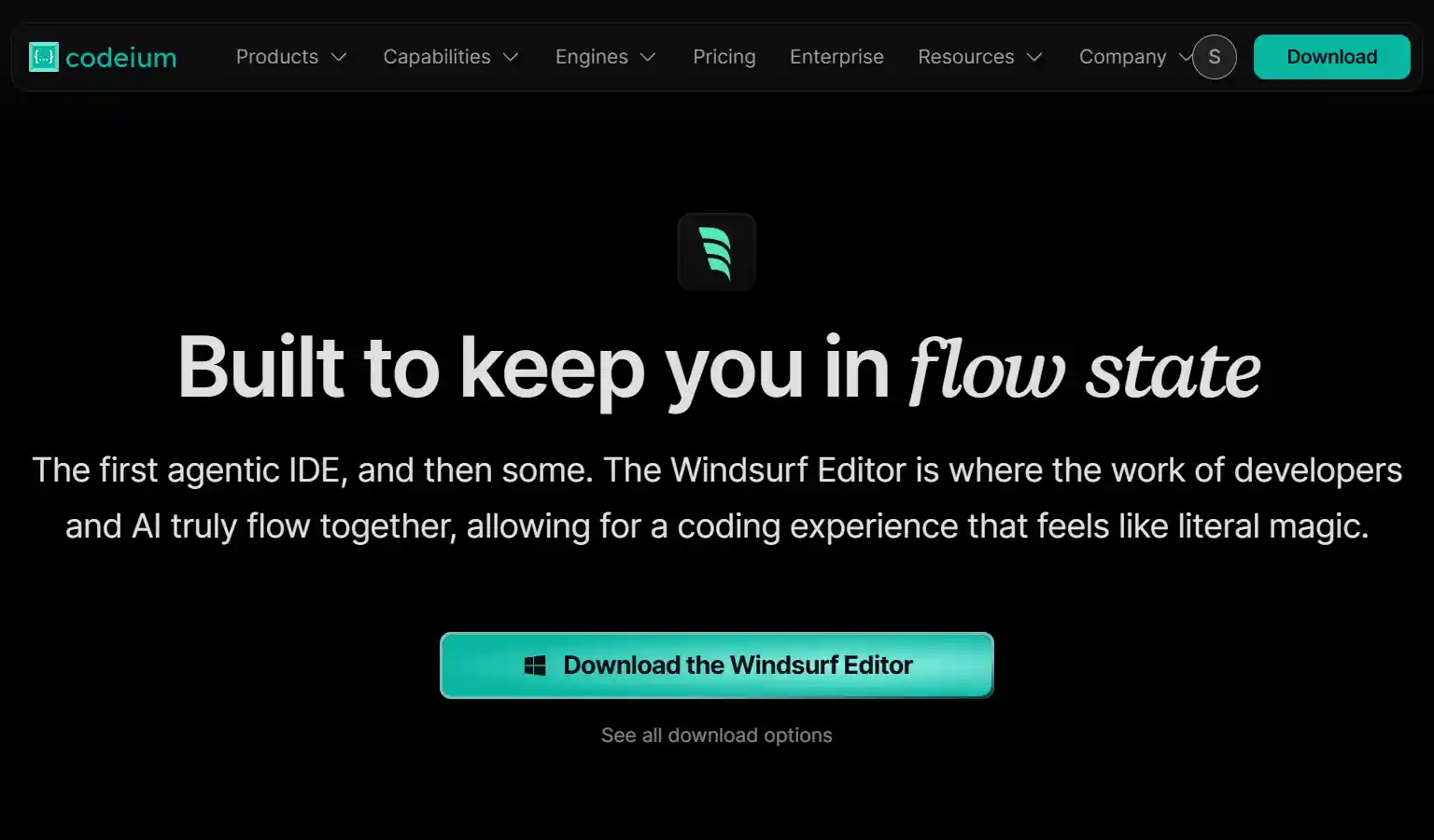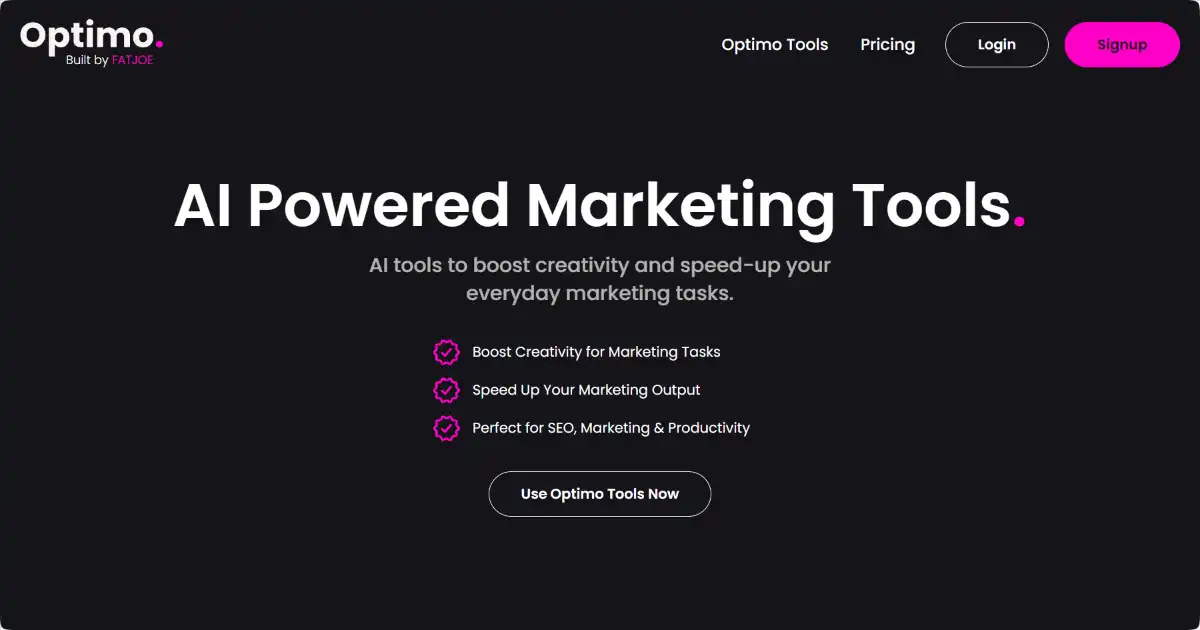Alaya AI
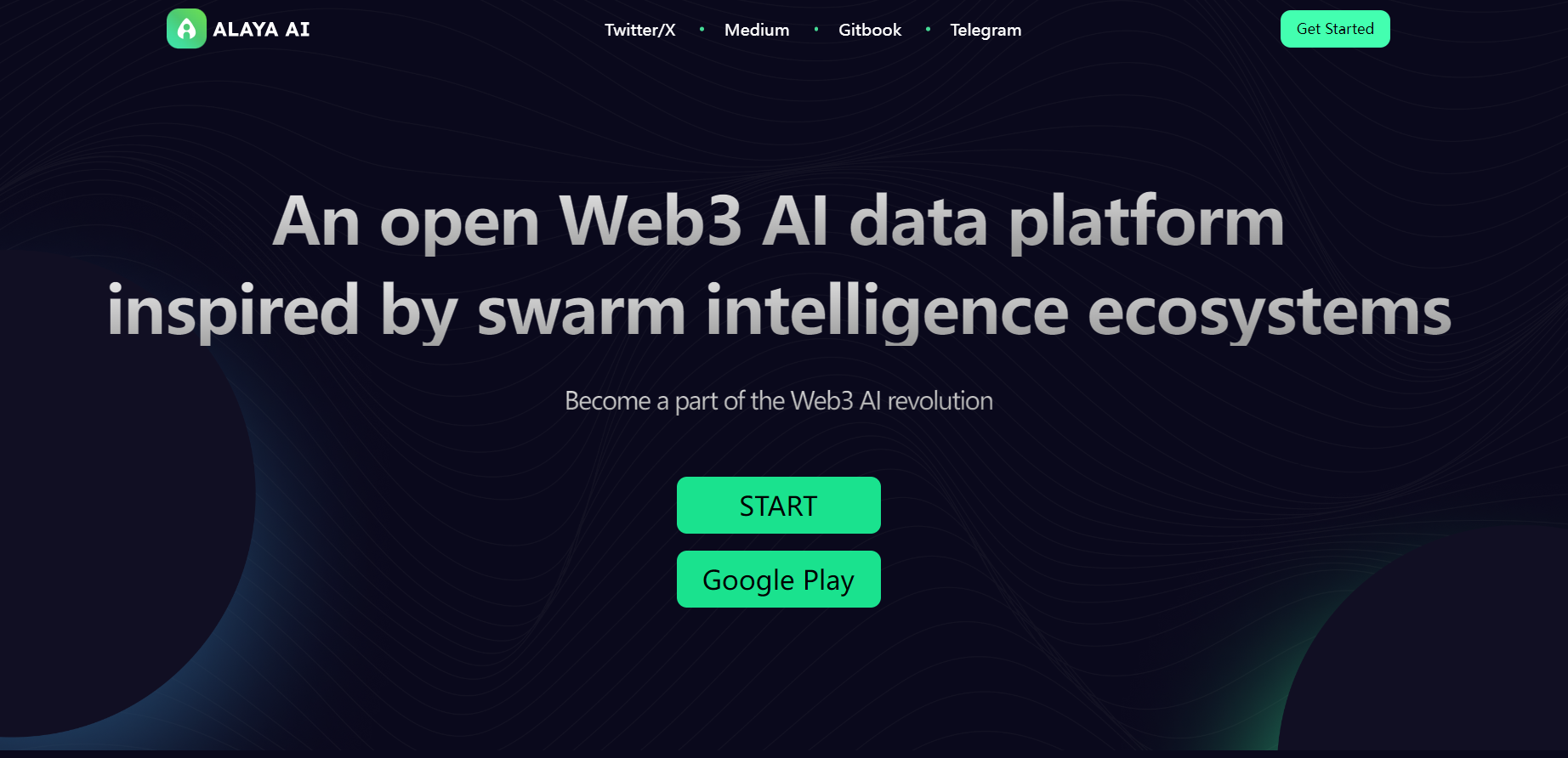
Alaya AI is a decentralized AI data platform that combines data collection, labeling, and social commerce to deliver high-quality, scalable data for the AI industry while protecting data ownership and privacy.
What is Alaya AI
Launched in 2020, Alaya AI is a groundbreaking artificial intelligence platform transforming industries with its innovative AI solutions. It's a complete ecosystem connecting communities, data, and AI via social commerce, offering tools and services for machine learning, natural language processing, computer vision, and custom AI application development, suitable for users of all technical skill levels.
Key Features of Alaya AI
Alaya AI is a decentralized AI platform integrating data collection, labeling, and social commerce. It uses blockchain technology, gamification, and swarm intelligence for high-quality, scalable AI data while prioritizing user privacy and data ownership. Features include NFT incentives, a social recommendation engine, and a gamified AI training experience to boost user engagement and growth.
Gamified Experience: Offers quizzes, daily tasks, and NFT rewards to incentivize user participation
Privacy Protection: Employs blockchain and zero-knowledge encryption to ensure data privacy and ownership
Social Commerce Integration: Connects communities, data, and AI through a collaborative ecosystem
Distributed AI Data Platform: Integrates data collection, annotation, and social commerce in a decentralized network
Swarm Intelligence: Uses collective intelligence for efficient and accurate data labeling
Use Cases of Alaya AI
Market Research: Gathers and analyzes consumer data for business insights
AI Model Training: Provides high-quality, diverse datasets for training machine learning models
Healthcare Data Management: Securely collects and processes sensitive medical data for research and analysis
Financial Services: Collects and analyzes financial data for risk assessment and fraud detection
Alaya AI Pros and Cons
- Focus on user privacy and data ownership
- Incentivizes user participation through gamification and rewards
- Innovative approach to data collection and labeling
- Platform complexity may present a learning curve for new users
- Data consistency may depend on user participation
Alaya AI FAQs
What is Alaya AI?
Alaya AI is a distributed artificial intelligence platform that integrates data collection, annotation, and social commerce. It aims to provide high-quality, scalable data for businesses and AI applications while protecting user privacy and data ownership.
What are the main features of Alaya AI?
Key features of Alaya AI include a social recommendation system for onboarding, NFT incentives and daily tasks, a gamified experience, data labeling services, and a marketplace for trading NFTs. It uses blockchain technology and focuses on community-driven innovation.
How does Alaya AI protect user privacy and data ownership?
Alaya AI prioritizes user privacy and data ownership through its distributed architecture and blockchain technology. It aims to provide full protection of ownership and privacy for the data collected and used on its platform.
What industries does Alaya AI serve?
Alaya AI serves various industries including healthcare, education, and finance. It offers solutions for machine learning, natural language processing, and computer vision applications across different sectors.
How many users does Alaya AI have?
According to recent reports, Alaya AI boasts over 400,000 users, with its Opbnb project exceeding 50,000 daily active users.
Is Alaya AI's cryptocurrency available for trading?
Based on the most recent information, Alaya AI's cryptocurrency (ALA) is not yet listed on major cryptocurrency exchanges for trading. The platform is still developing its token economy.
Interested in this product?
Updated 2026-01-09
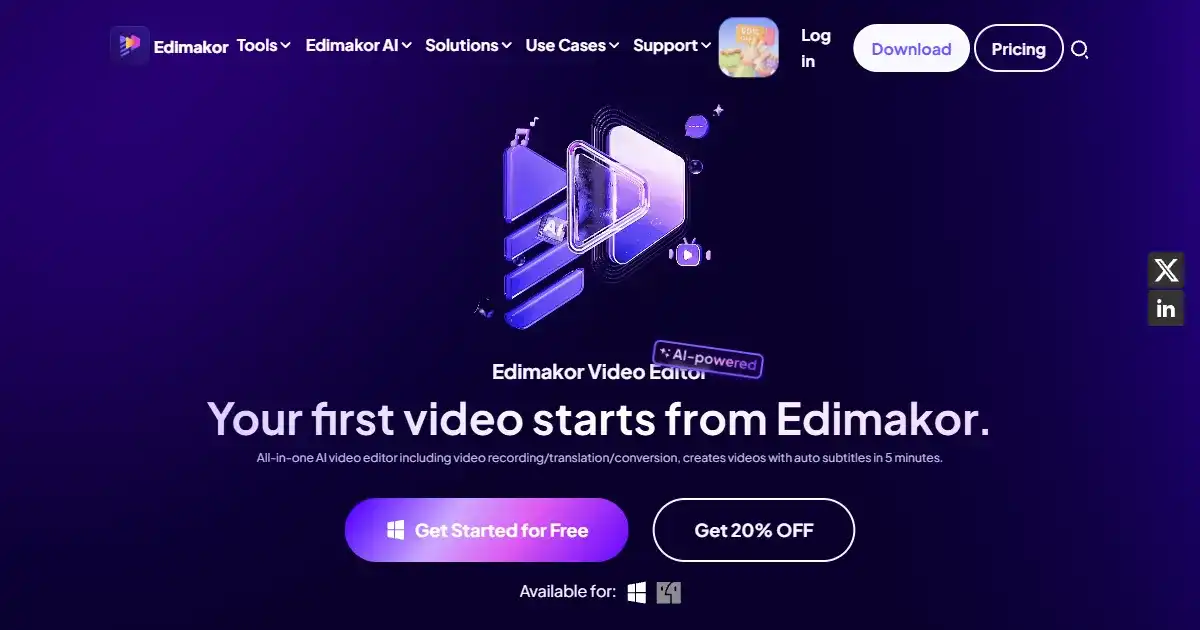
🔍 Find More Tools
Visily is an AI-powered UI design software that simplifies the creation of wireframes, prototypes, and designs. It offers AI assistance, a user-friendly interface, pre-built components, and collaboration features, all while being easy to use regardless of design experience.
DeepBrain AI is an AI video generator transforming text into engaging videos. It offers various AI avatars, templates, text-to-speech voices and an integrated online video editor. DeepBrain simplifies the production of marketing videos, educational materials, and other video content by enabling fast, high-quality outputs with simplified creation.
Brand24 is an AI-powered social listening tool for monitoring online brand mentions and analyzing sentiment. It tracks discussions across social media, news, blogs, and other platforms, providing insights to inform marketing and PR strategies. This empowers users to understand public perception and protect their brand image.
B12 is an AI-powered website builder for professional service providers. It automates website creation and integrates essential business tools like online scheduling and marketing. B12 provides ongoing expert support to help businesses establish and grow their online presence.
Windsurf IDE by Codeium is an innovative AI-powered integrated development environment (IDE) designed to enhance the coding experience for developers. It combines advanced AI tools with traditional coding practices to create a more efficient and intuitive workflow. With features like AI flows, real-time contextual assistance, and a user-friendly interface, Windsurf aims to streamline the development process and empower programmers to work more efficiently.
Optimo is a free AI-powered marketing toolkit developed by FATJOE. It helps marketers generate various types of content, including social media captions, ad copy, and blog post ideas, thus saving time and increasing efficiency. Optimo caters to various needs, offering solutions for SEO, video, and email marketing as well.
